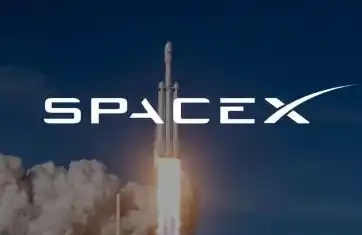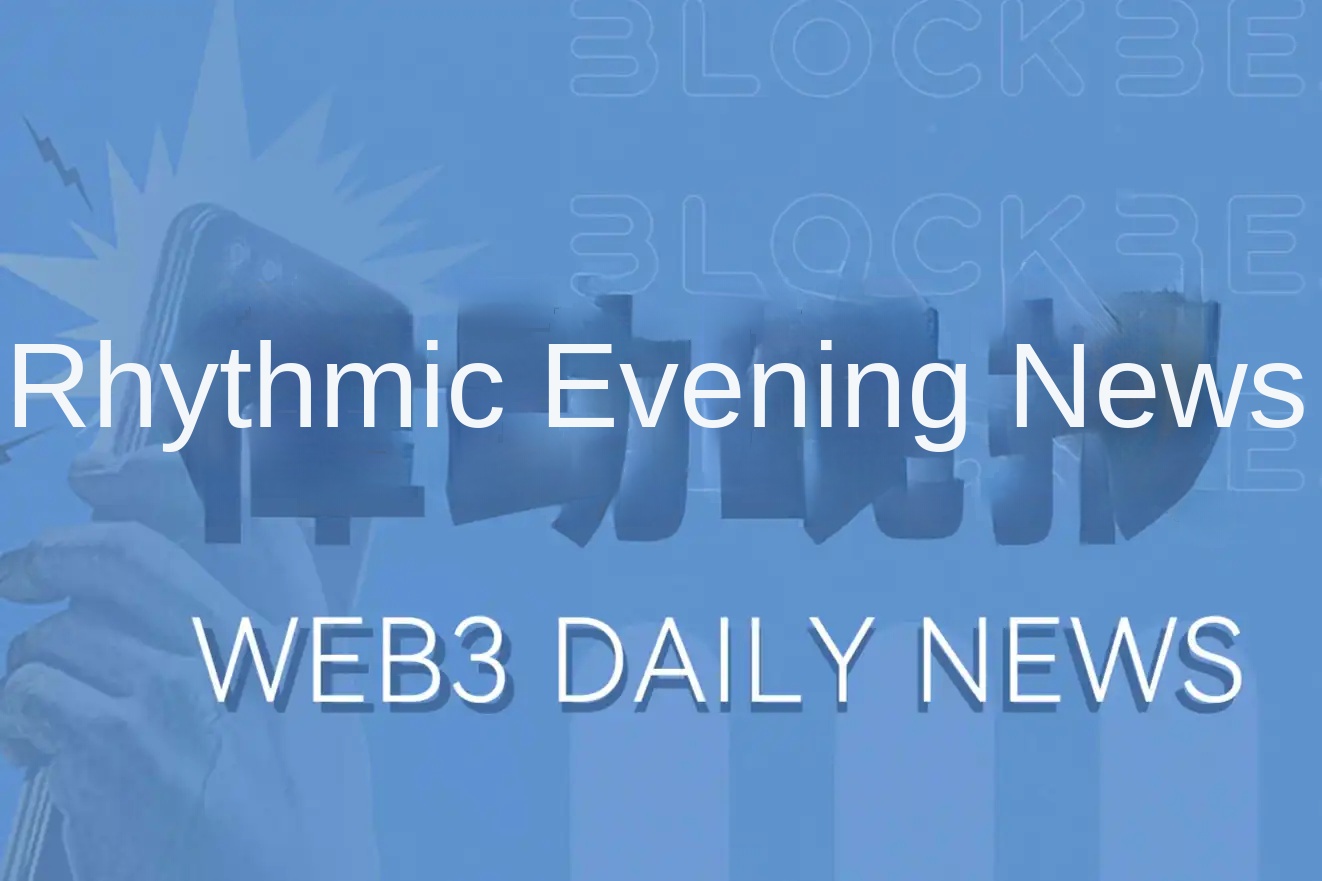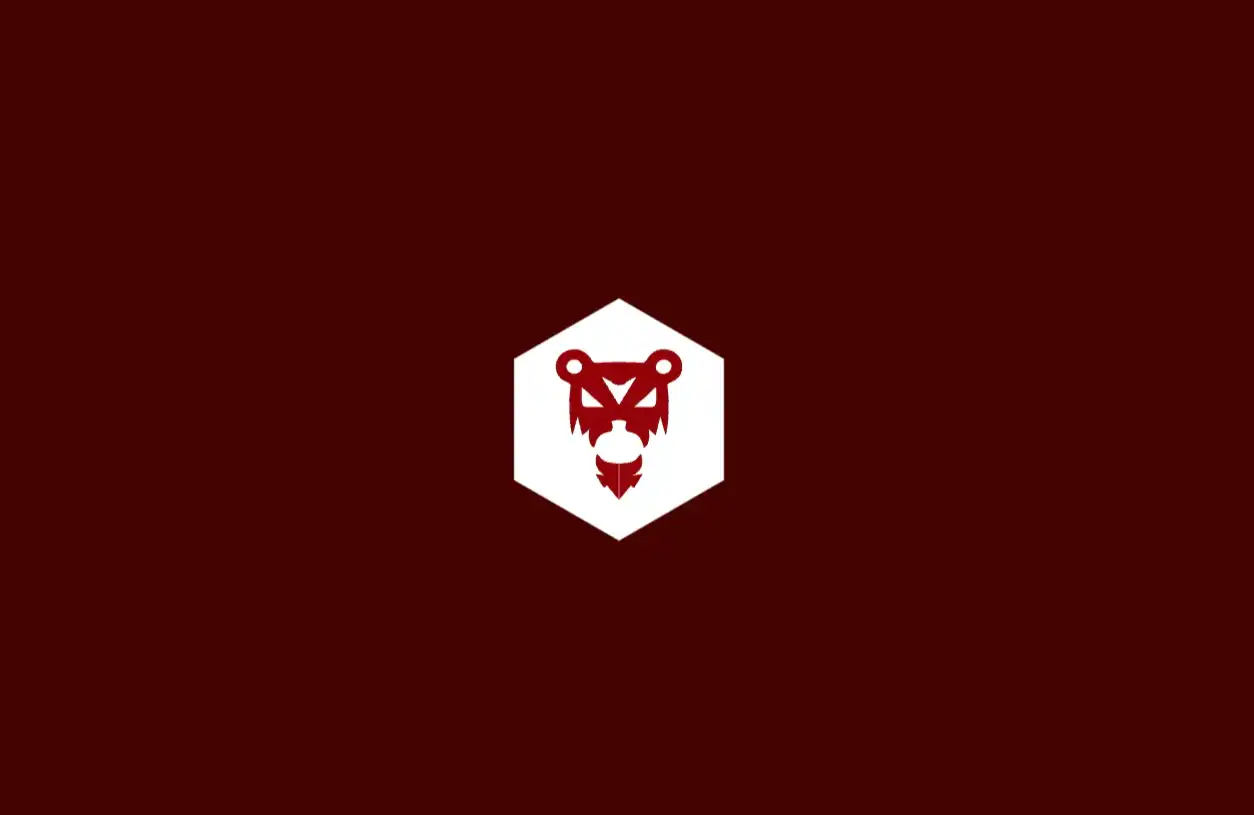Seaport: What are the characteristics of OpenSea's own Web3 transaction protocol?
Original author: atareh
Original compilation: czgsws, Rhythm BlockBeats

On May 21st, the NFT market OpenSea announced the launch of Seaport, a new Web3 NFT market protocol. Centralization matters, and how this will fundamentally change the way we buy/sell/trade NFTs.
Thinking about Seaport through Uniswap
Perhaps we can look at Seaport in the NFT field today the way we look at Uniswap.
As we all know, Uniswap has changed the game rules of cryptocurrency trading with open source decentralized transactions, and successfully opened the 2020 DeFi Summer. Seaport, launched by OpenSea, may have the same potential.

As an open source platform, Uniswap has appeared in many different chains imitators (such as Sushiswap, Pancakeswap), which has led to the massive growth and innovation of DEX and DeFi. This move of the Web3 marketplace protocol launched by OpenSea sounded the clarion call for the start of the competition: "It's time to go, and the best marketplace can win the competition."

What is the Seaport protocol?
Seaport's core smart contract is open source, decentralized in nature, has no contract owner, upgradeability, and other features.
Today's OpenSea company has 100% control over its platform, so any changes to the code (such as accepting APE) are "headed by OpenSea alone call the shots” (centralization).
In a contract, an agreement is like a "standard". We are all familiar with email using the SMTP protocol (Simple Mail Transfer Protocol). It's the standard protocol for sending email over the internet, Google, Yahoo... every email client uses it.
One of the big things you can do with protocols is "transfer" your accounts, or what we call interoperability. If you think Yahoo Mail's interface layout is ugly, you don't like it, or you get too much spam every day, you can transfer your account to Gmail and replace it with their client.


< br>
And OpenSea is improving the decentralized purchase/sale/transaction of NFT by launching the Seaport protocol.
Six key points of the Seaport protocol and its Significance to the NFT field
1. Open source code: with the Seaport protocol , anyone can use the protocol to build an NFT market because it is decentralized and open source. In the next few years, we should see more decentralized NFT marketplaces come to life.
More competition = better + faster innovation
2 -1. Decentralization:OpenSea said that this agreement has no contract owner, and anyone can update or generate code. To understand what this means for the future of the NFT market, please refer to the ERC-721 Token standard. Everyone can use it to issue their NFT.
2-2. Until people got tired of high gas fees, Azuki found a contract optimization that saved gas fees for users. Although there are some limitations, many projects now choose to use it when appropriate. This would not happen if there was a centralized organization controlling the ERC-721 standard.
3. Purchase or transaction: Currently, you can only use ETH or other homogeneous tokens (such as APE, USDC, DAI).
Different from some platforms that can only exchange cryptocurrencies for NFT, the Seaport protocol allows users to obtain NFT in a series of new ways, and bidders can bundle different assets (such as Provide ETH/ERC20/ERC721/ERC1155 assets) to bid for NFT. For example, suppose a user owns a 40 ETH Doodle NFT, but wants to trade a 100 ETH BAYC NFT, the user can bid with the Doodle NFT they own and 60 ETH.
4. Trading specific NFT: When trading NFT, you can also set specific "conditions" that the NFT must meet .
If you want to trade your level 2 Azuki for a golden BAYC, you can set that only wallets with a golden ape NFT can trade with you NFT.

5. List NFT in the form of Dutch auction: Not sure what the market value of your NFT is? A Dutch auction can be created.
In the Seaport protocol, you can set an initial price and an end price, as well as the duration of the Dutch auction. The quotation of NFT will start from the highest price, and the price will decrease over time until someone successfully bids.
6. Find Vulnerabilities and Earn Money:OpenSea is conducting a two-week SeaportProtocol Audit Contest with a total prize pool of $1 million. Any developer can review the code, submit reviews and bugs they find, and get rewarded.
Summary
In the months and years ahead, the market landscape will take place Earth-shaking changes. Many project parties will choose to build an NFT market based on the Seaport protocol, and the Seaport protocol may become the standard for the NFT market. What excites me the most is the innovation it brings. Because the code is open source, all markets will be competing for users, who will create the next killer feature that attracts users? How quickly will competitors catch up or surpass them?
I think this is the "Uniswap moment" for NFT, and the emergence of Uniswap led to DeFi Summer. Maybe there will be another NFT Summer soon.
Original link
Welcome to join the official BlockBeats community:
Telegram Subscription Group: https://t.me/theblockbeats
Telegram Discussion Group: https://t.me/BlockBeats_App
Official Twitter Account: https://twitter.com/BlockBeatsAsia
 Forum
Forum OPRR
OPRR Finance
Finance
 Specials
Specials
 On-chain Eco
On-chain Eco
 Entry
Entry
 Podcasts
Podcasts
 Activities
Activities








